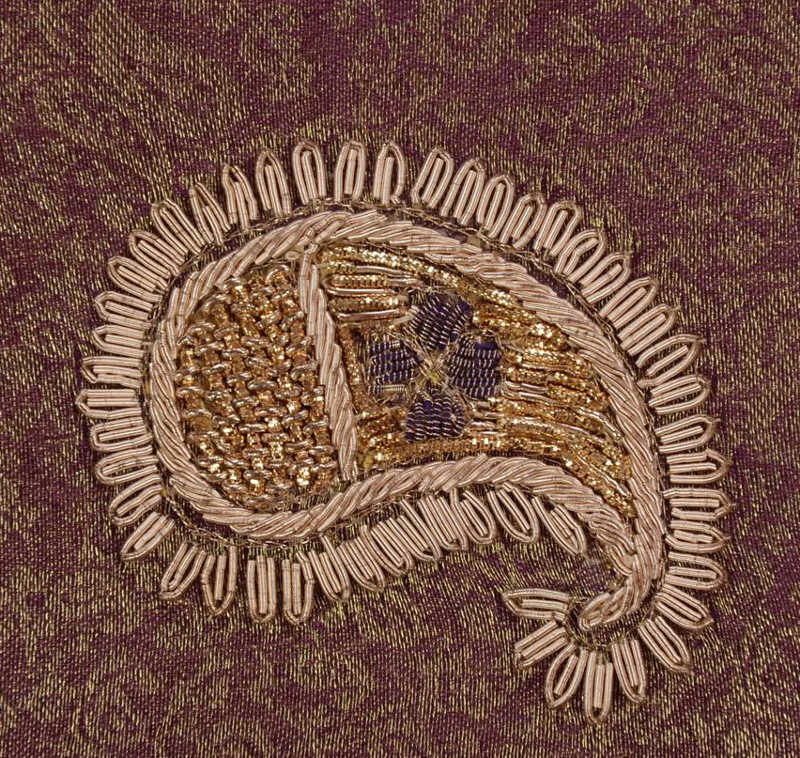===
0931,
11
===

=== |
 |
FWP:
SETS == GESTURES
MOTIFS == ROAD
NAMES
TERMS == 'MEANING-PLAY'; REPLYThe idea of a 'stone-pillow' is startling, even shocking; though a bit less so to traditional South Asians, since some ascetics there have traditionally used wooden neck-rests (designed to keep the head steady and slightly elevated).
Isn't this verse at heart based on a kind of 'gesture', or at least the material residue of one? Mir has abandoned his stone-pillow in the road-- isn't that a gesture? Like other such gestures in the ghazal world, it's ultimately (and by no coincidence) unrevealing. The stone-pillow is just an object, it's been left lying around, and whatever interpretations are given to it can only be conjectural.
Note for grammar fans: The construction sang-e bālīñ is a noun-noun izafat, seemingly parallel to, say, zaḳhm-e jigar , 'wound of the liver', or ḥāl-e dil , 'state of the heart'. But in fact it works more like ḥaẓrat-e nāṣiḥ , 'his lordship who is the Advisor'; it thus means 'the stone which is the pillow'. In other words, it doesn't mean 'the stone of the pillow' (nor of course 'the pillow of the stone').